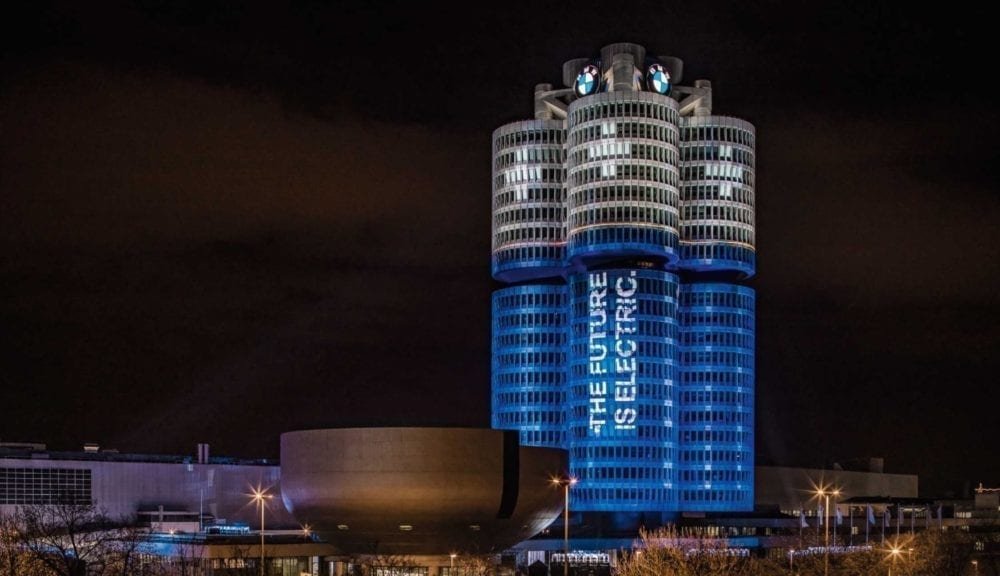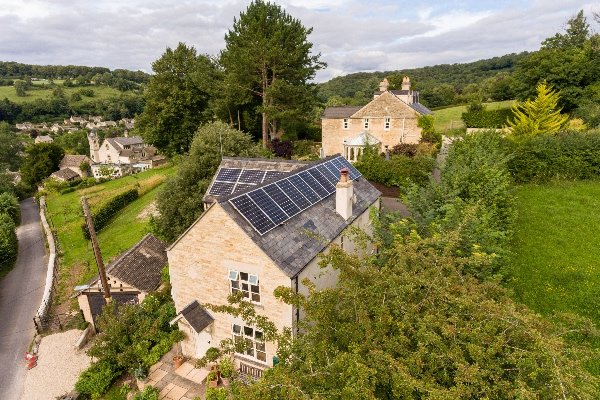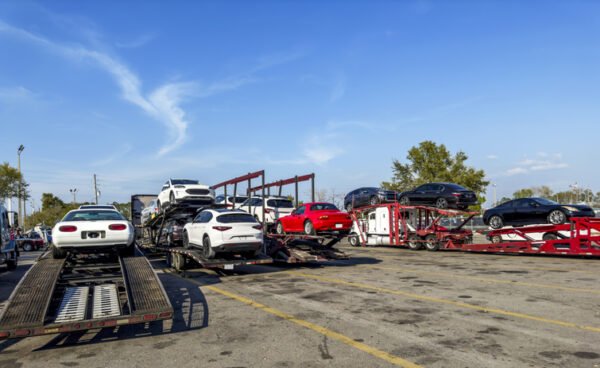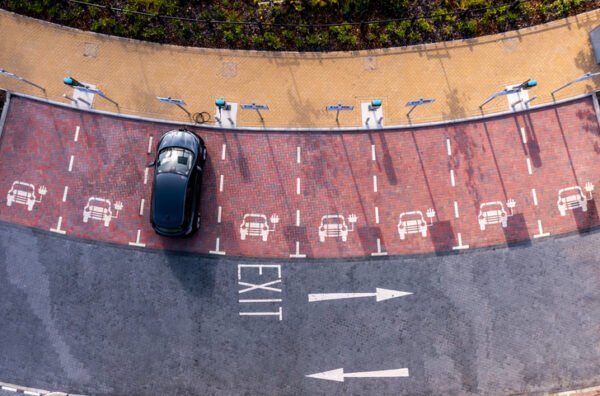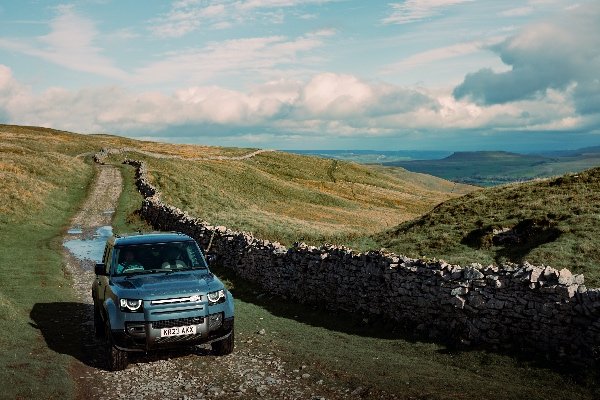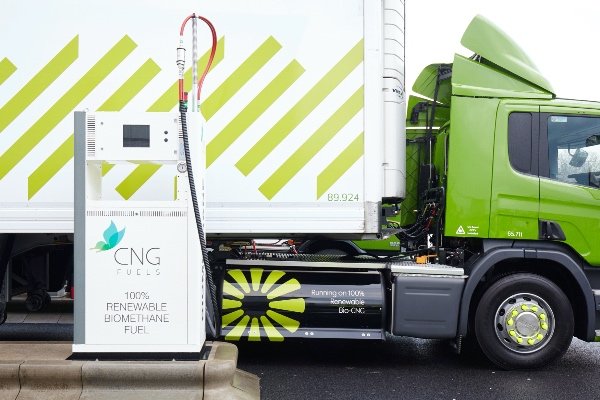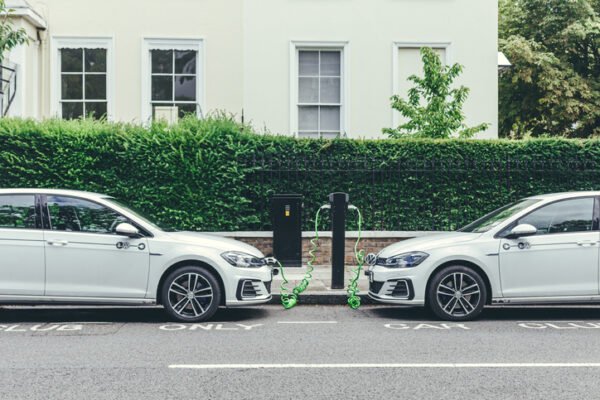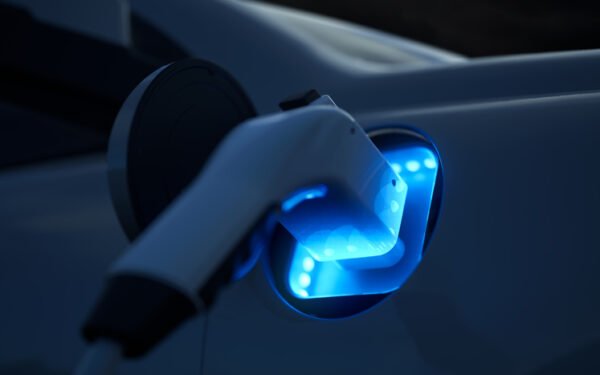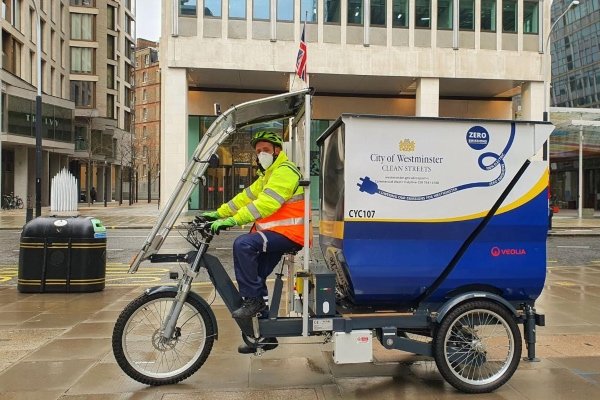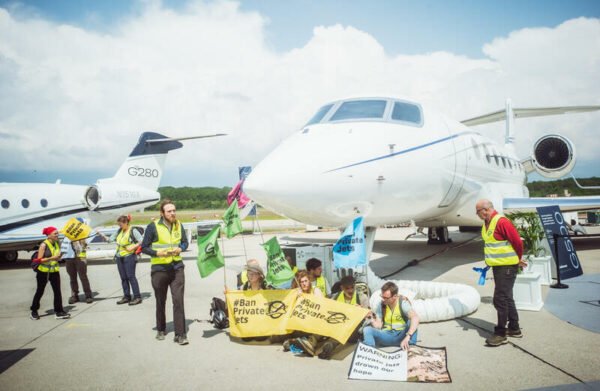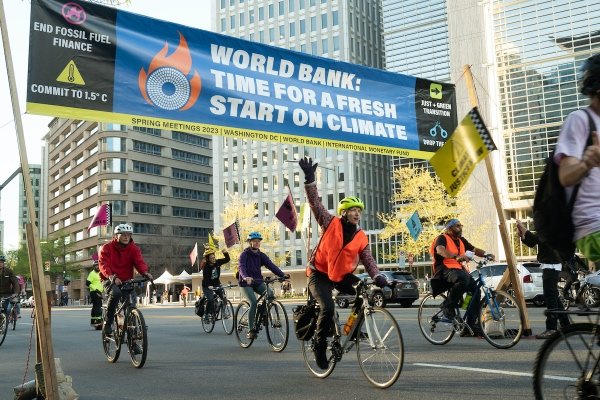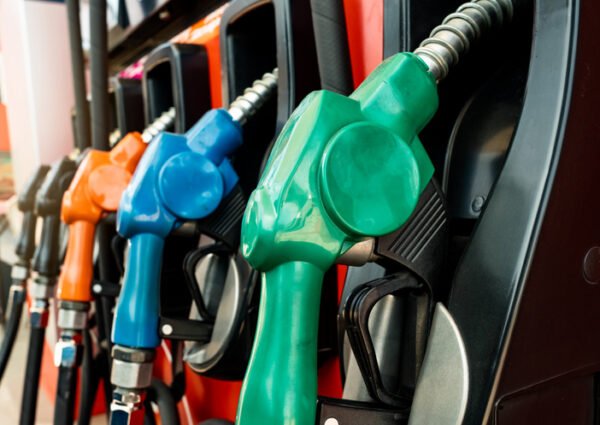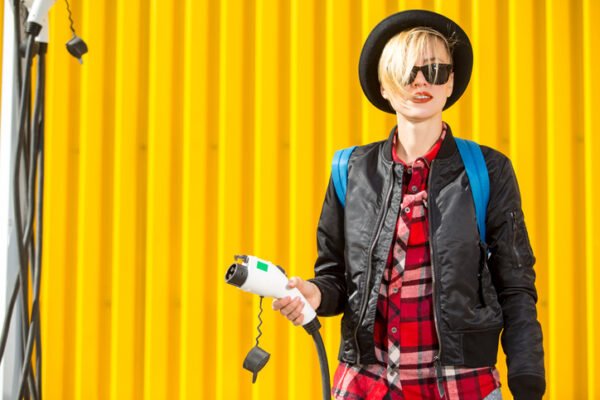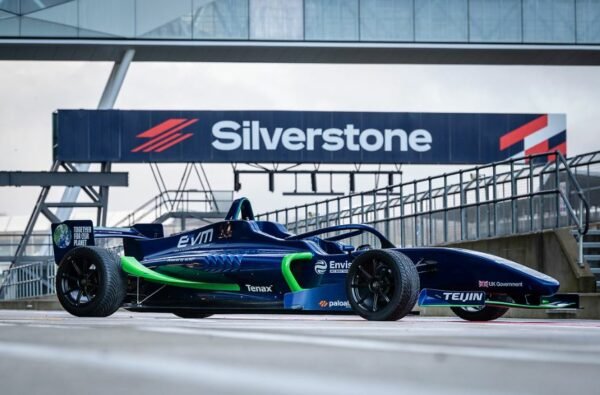The BMW Group has delivered more than 100,000 electrified vehicles to customers worldwide in 2017, as promised at the beginning of the year.
The milestone has been marked by an eye-catching light installation, with the BMW Group headquarters – the world-famous ‘Four-Cylinder’ in the north of Munich – transformed into a giant battery.
The BMW Group chose this glowing symbol to represent the technological change taking place in mobility.
‘Just the beginning’
By 2025, BMW Group will offer 25 fully electric and plug-in hybrid models worldwide. The fifth generation of electric drive train and battery technology, available from 2021, uses scalable, modular electrification kits that will allow all model series to be fitted with every type of drive train.
‘We deliver on our promises. This 99-metre-high signal is lighting the way into the era of electro-mobility. Selling 100,000 electrified cars in one year is an important milestone, but this is just the beginning for us. Since the introduction of the BMW i3 2013, we’ve delivered over 200,000 electrified cars to our customers and by 2025, we will offer 25 electrified models to our customers. Our early focus on electro-mobility has made this success possible – and electro-mobility will continue to be my measure for our future success.’
HARALD KRÜGER
Chairman of the Board of Management of BMW AG
BMW’s EV journey
The BMW Group launched project i, the trailblazer for BMW i, back in 2007. By the following year, electric test fleets took to the roads worldwide in the largest wide-scale EV field trial the automotive industry had ever seen.
Series production of the fully electric BMW i3, one of the most awarded vehicle concepts in the world, began in 2013. Since then, sales have increased every year, for the past four consecutive years.
The company has already secured the naming rights from BMW i1 to i9, as well as from BMW iX1 to iX9.
2018 will see the launch of the BMW i8 Roadster, followed in 2019 by a fully electric MINI; in 2020, by the electric version of the BMW X3 and in 2021 by the brand’s new technology flagship, the BMW iNext, which will combine electro-mobility with autonomous driving and new interior connectivity options for the first time in a series-production model.
Most popular EVs in Europe
According to the independent POLK/IHS Report (published on 07 Dec 2017), the BMW Group has a clear lead over its competitors when it comes to registrations of new fully electric and plug-in hybrid vehicles in Europe, with a market share of 21%.
This means the BMW Group’s share of the EV sector is more than three times its share of the market for traditional models.
While electric vehicles now account for 2% of new vehicle registrations across all manufacturers in Europe, the BMW Group figure is already 6%. In other words, the BMW Group holds a disproportionately large share of the growing market for electro-mobility in Europe.
 Play Video about This Rock Might Just Save The World
Play Video about This Rock Might Just Save The World Play Video about Play 2 hours of rock
Play Video about Play 2 hours of rock Play Video about Play 2 hours of brook
Play Video about Play 2 hours of brook Play Video about Play 2 hours of sheep
Play Video about Play 2 hours of sheep

















